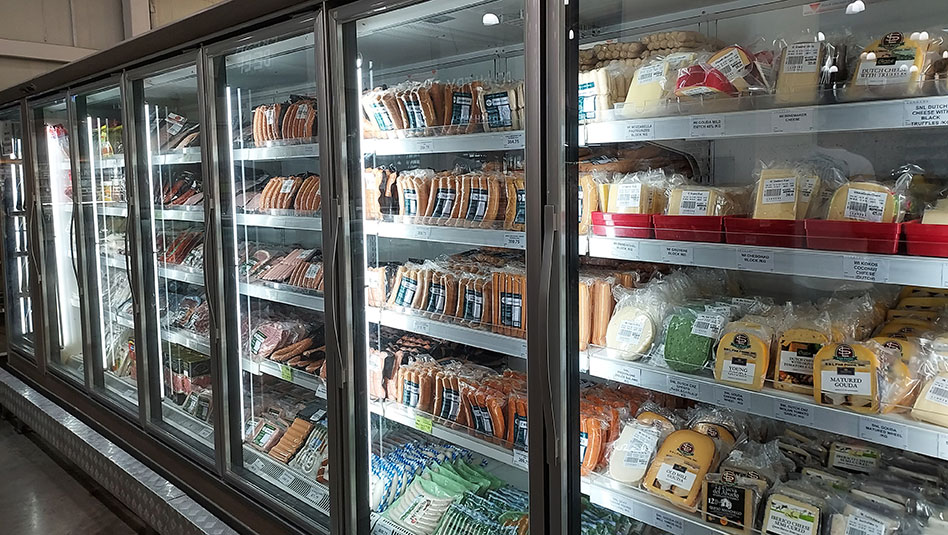




Inflation Update: Prices rise even slower in May
 DOWNLOAD
DOWNLOAD

Monthly Recap: BSP to outpace the Fed in rate cuts
 DOWNLOAD
DOWNLOAD

Quarterly Economic Growth Release: 5.4% Q12025
 DOWNLOAD
DOWNLOAD


TOP SEARCHES
PRECIOUS-Gold slips from 5-mth peak as investors look to US economic data

Adds comments, graphic and updates prices as of 0552 GMT
By Swati Verma
Oct 23 (Reuters) – Gold prices retreated from last session’s five-month peak on Monday as the U.S. dollar and Treasury yields strengthened ahead of crucial economic data this week, with investors looking for any signs of a global fallout in the Middle East conflict.
Spot gold XAU= was down 0.3% at $1,975.99 per ounce by 0552 GMT, and U.S. gold futures GCcv1 slid 0.4% to $$1,987.30.
Gold prices hit their highest since mid-May on Friday and surged about 9% in the past two weeks as investors opted for the safety of bullion on fears that the Israel-Hamas war could escalate into a wider Middle East conflict.
“Gold prices have been riding on safe-haven flows from the Middle East conflict lately, and focus on humanitarian aid and securing hostage releases seems to suggest that a potential ground invasion from Israel can wait,” IG market strategist Yeap Jun Rong said.
“That may contain the risks of further escalation, at least for now, which may drive some near-term unwinding in prices, although any conflict escalation could easily renew traction in the safe-haven.”
Reflecting investor sentiment towards bullion, COMEX gold speculators switched to net long position of 41,867 contracts in the week to Oct. 17, data showed on Friday. CFTC/
“There would need to be more instability such as a broadening of the conflict to the broader Middle East for the rally to continue. It is likely that gold may trend lower, given high rates for longer and a firm U.S. dollar,” analysts at TD Securities said in a note. US/ USD/
Apart from geopolitics, investors will focus on the U.S. PCE price index – the Federal Reserve’s favoured inflation gauge – U.S. GDP figures for the third quarter, the European Central Bank’s rate decision and global flash PMIs for economic cues.
Elsewhere, spot silver XAG= fell 0.4% to $23.25 an ounce, platinum XPT= slipped 0.4% to $891.07 and palladium XPD= was up 0.3% to $1,100.84.
(Reporting by Swati Verma in Bengaluru; Editing by Subhranshu Sahu and Sonia Cheema)
((Swati.Verma@thomsonreuters.com; +91 8894503862;))
This article originally appeared on reuters.com





 By Reuters
By Reuters